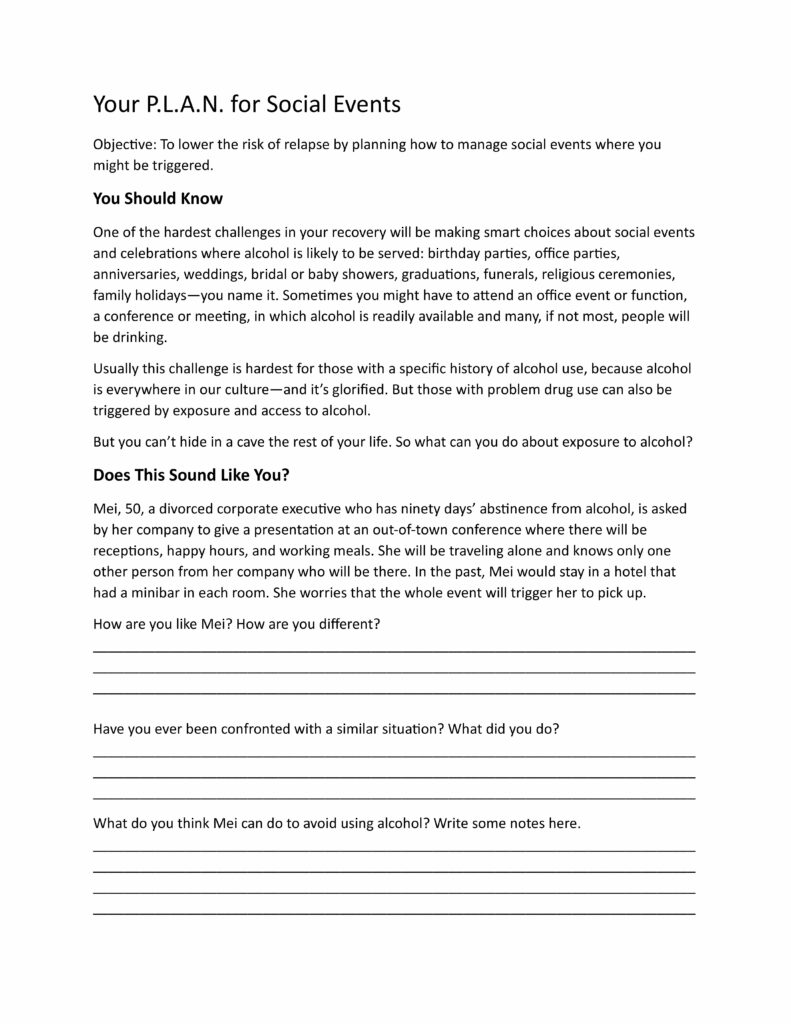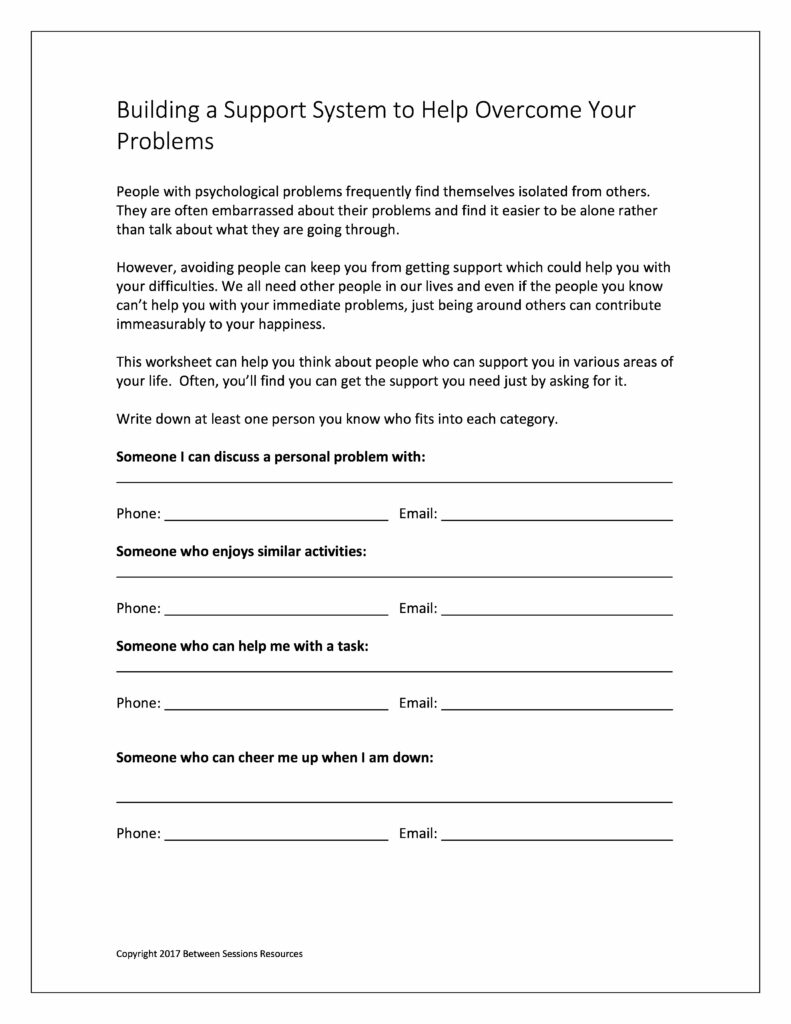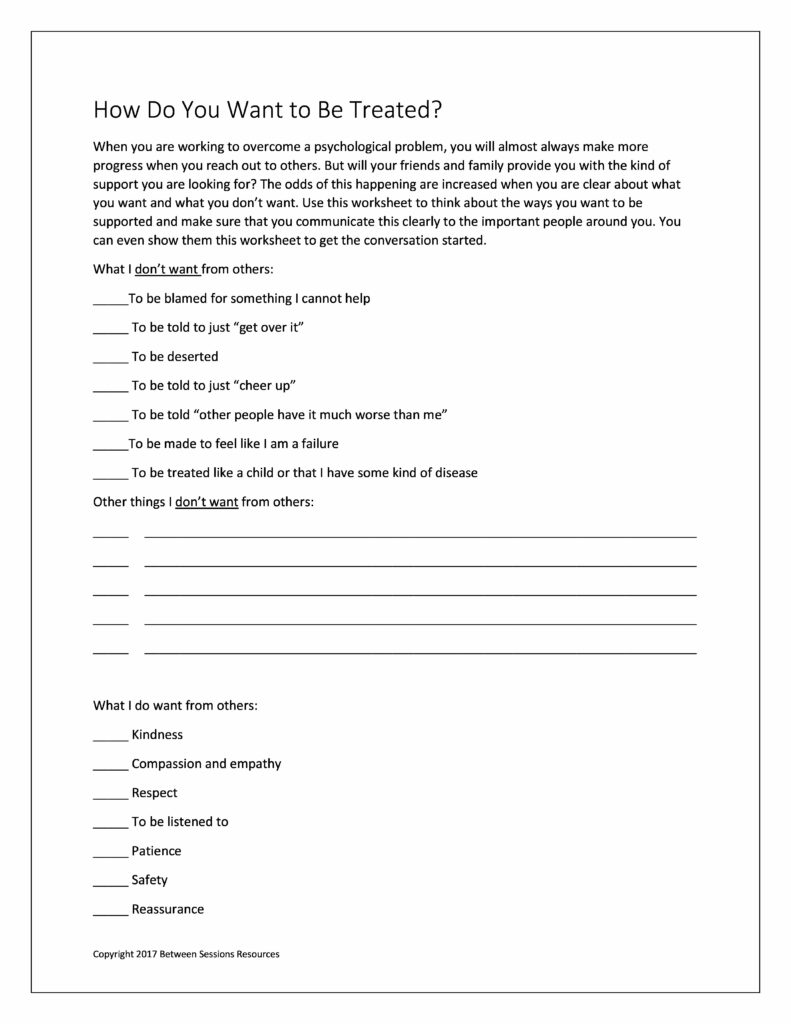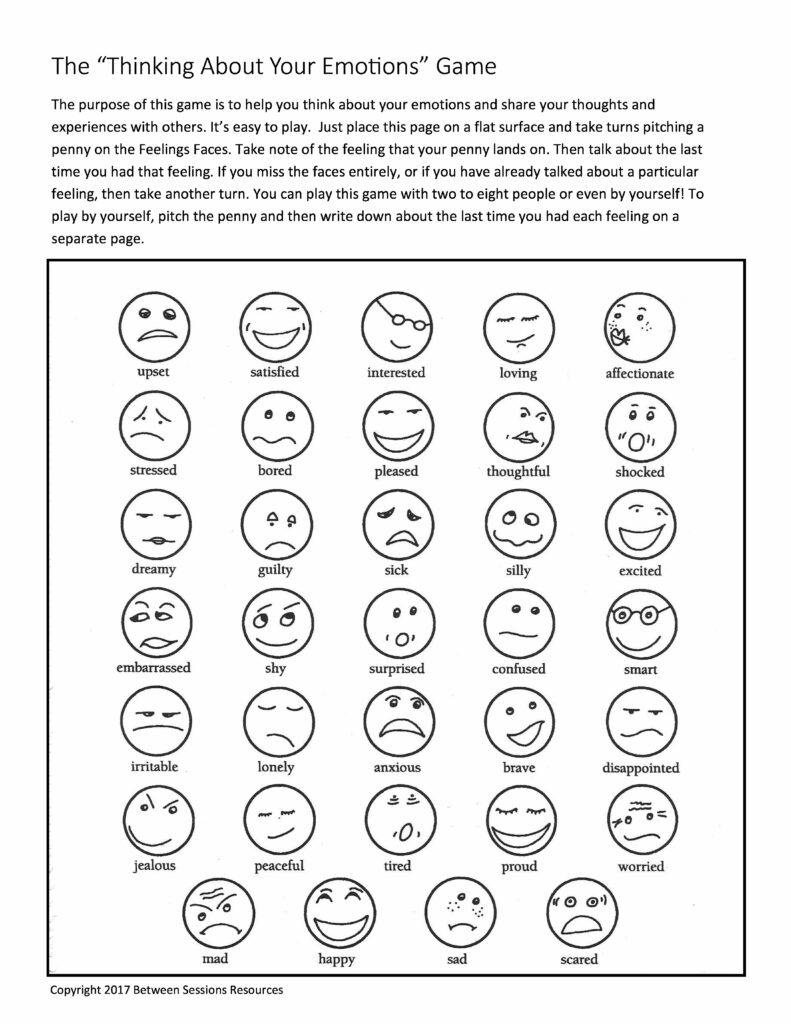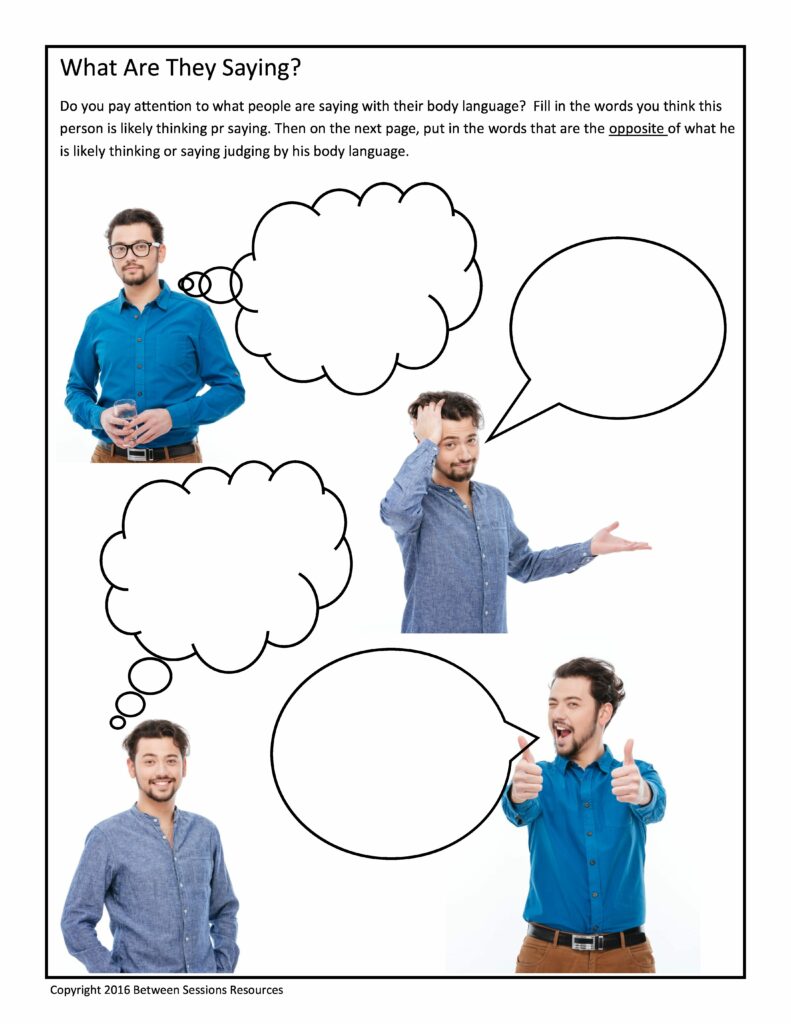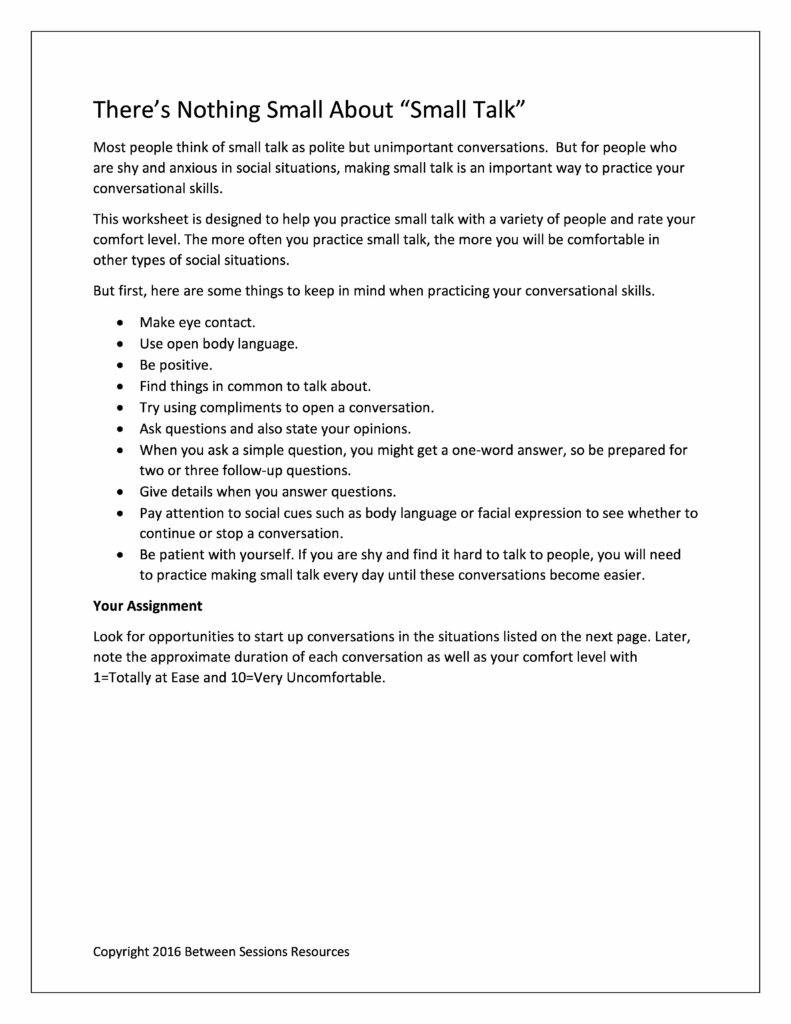This worksheet is designed to help couples identify harmful or verbally abusive patterns in their communication partner and learn healthier ways of approaching conflicts. (couples communication, marital therapy, couples counseling, conflict management, 1018)
This worksheet is designed to help couples find more productive ways to resolve conflict.
This worksheet asks people to identify all of their character strengths and then pick one which could be helpful in solving a predominant problem. (CBT, DBT, 0418)
This worksheet is designed to help people who have problems with alcohol and drug use prepare for social events. The worksheet helps people P.L.A.N., which means: prepare, listen, acknowledge, and say no. (addiction, substance abuse, 0218)
This worksheet is designed to help people build a support system to not only address an immediate problem, but to enhance the quality of their lives.
This worksheet is designed to help people think about how others can help them with their psychological problems. The worksheet asks them to think about both the things that they want from others as well as the things they don’t want. (depression, social skills, communication, 0417)
This worksheet is designed to help people think and talk about their feelings. Players pitch a penny on the worksheet and then talk about the feeling where the penny lands. The game can be played in a small group or even by an individual. (emotional intelligence, depression, communication, social skills, 0317)
This worksheet asks people to imagine what a person is thinking or saying by simply looking at his body language. (social skills, Asperger Syndrome, social anxiety, 1216)
This worksheet is designed to help people with social anxiety practice simple conversational skills. The worksheet gives tips on how to handle social conversations and assignments to practice spontaneous conversations. (shyness, social anxiety, Asperger Syndrome, 2016)
This worksheet is designed to help people create a support system. It asks people to think about friends, family, and acquaintances who can help with a problem, help with a task, support mistakes and bad habits, and more. (social skills, recovery, anxiety).




